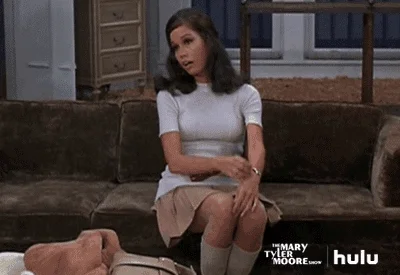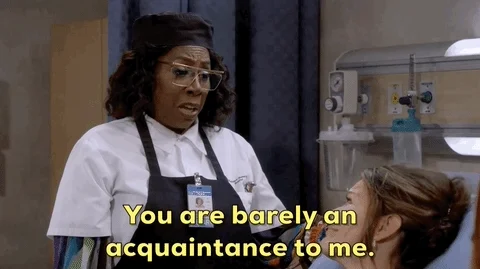This feel-good article from the Guardian (I can never remember how to spell the intentional misspelling of that paper!) had me grrr-ing:
It’s all about making friends as an older person, but the examples given show a white woman who simply doesn’t care enough to learn anything about her ‘friend’ until over time the information happens to come to her. Examples:
It was only later that I learned how Koreans value good food and about the importance they place on sharing and bonding over meals.
She had just met this woman, the most famous author in Korea, and taken her out to dinner in her role as literary agent, but apparently did no research into cultural norms in preparation.
Fast forward 12 years and we have forged a friendship that feels as if it has existed for a lifetime…snip…
I am a fast-talking New Yorker born in Brooklyn who talks with my hands. (Only this year I discovered that Koreans consider using hand gestures while speaking incredibly rude.)
It took her 12 years to learn that? But she claims this is a major friendship in her life.
She showed me a very different approach to dealing with a professional or personal setback: she doesn’t fight, she accepts. She regroups to heal and focuses on restoring her inner strength instead of allowing outside forces to suffocate her. At first, I couldn’t understand what seemed like emotional surrender, but as I got to know her better, I began to appreciate and eventually to emulate her Korean ways.
Ah, yes, the white woman’s behavior is unique to her, but her Korean friend’s every action stands in for all Koreans.
On another trip – N.B. this is well into the 12 years since she’s met the woman, and now has gone to Korea multiple times – (she) chose the moment to give me my first lesson in the Korean language. By the time we reached the summit, I had learned my first word – “kamsahamnida”, which means in English “thank you”.
This is someone whose career revolves around words in general, and she’s hitched her wagon to Korean literature in particular. But sure, how many years did it take her to finally learn one of the most obvious things to say in that language?
In April, Kyung-sook published her first novel in 11 years – I Went to See My Father. For me, the publication bookends Please Look After Mother and is also a testament to our everlasting friendship.
Me me me me me. It’s all about me.
She has showed me how to think more positively about life and has inspired me to write my own book, The Korean Book of Happiness. When I finished the last page and read over what I had written, I realised I had incorporated into my own life a Korean way of being that Kyung-sook embodies.
She literally ends by celebrating her cultural appropriation.




